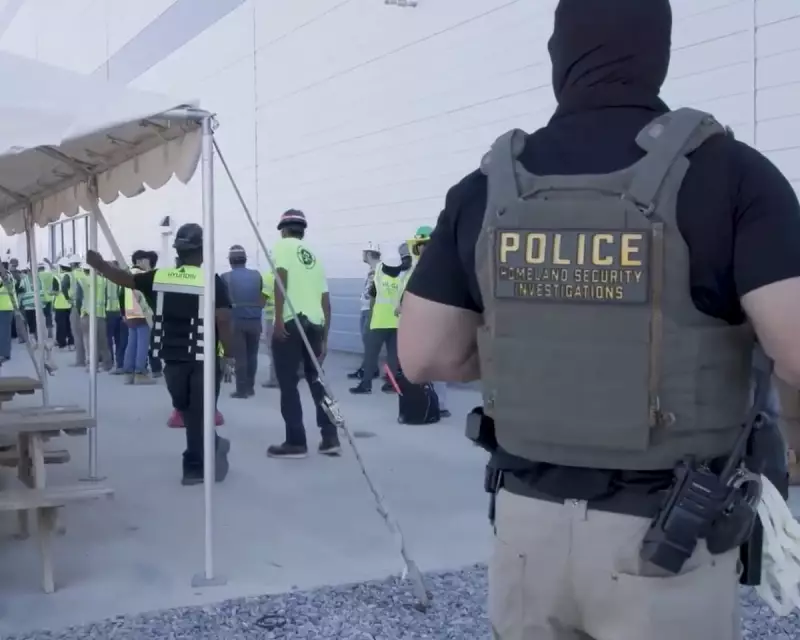
In a bold and controversial move that has rattled global markets and diplomatic circles, former President Donald Trump has declared a sweeping 25% tariff on all Hyundai and Kia vehicles imported into the United States. This drastic economic measure is the centrepiece of a hardline strategy to force the South Korean government into accepting the repatriation of thousands of its nationals accused of overstaying their visas.
A Tariff as a Political Weapon
Announced during a rally, Trump's policy directly links international trade to immigration enforcement, a tactic that breaks with longstanding diplomatic norms. The former president accused South Korea of being a "bad ally" and explicitly stated the tariff would remain in place until the nation complies with his demands for mass deportations.
The announcement triggered immediate volatility. Shares in Hyundai Motor and its affiliate Kia Corp. plummeted, reflecting investor panic over potential damage to a crucial market. The companies have invested billions in manufacturing plants in Alabama and Georgia, but a significant portion of their vehicles sold in the US are still imported from South Korea.
Industry and Market Reaction
Automotive analysts are sounding the alarm, predicting that such a hefty tariff would inevitably be passed on to American consumers, making popular models like the Hyundai Tucson, Santa Fe, and Kia Sportage and Telluride substantially more expensive. This could cripple the brands' competitive edge against US and other Asian manufacturers.
"This isn't just a trade policy; it's a sledgehammer," one industry insider commented. "The collateral damage will be felt by US consumers, dealerships, and the thousands of Americans employed by these companies' stateside operations."
Broader Implications and Legal Challenges
Legal experts are already questioning the policy's viability, suggesting it would face immediate challenges in US courts and likely at the World Trade Organization (WTO). The move threatens to destabilise the US-Korea Free Trade Agreement (KORUS), a carefully negotiated pact designed to foster bilateral trade.
Furthermore, the policy sets a precarious precedent, signalling that the US might weaponise trade to achieve political concessions on non-trade issues from allied nations. This approach could have a chilling effect on international relations and global economic stability.
As the 2025 political landscape heats up, Trump's aggressive stance on immigration and trade is set to become a defining issue, drawing clear battle lines with the current administration and highlighting the profound differences in their approaches to global leadership.





